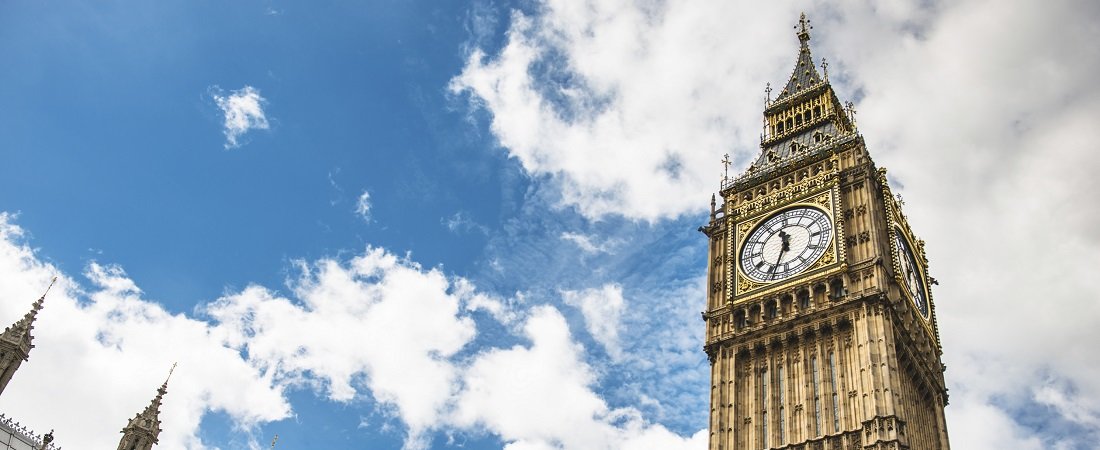General Election campaigning resumes today after a pause following the terrible events in Manchester. What was a fairly adversarial contest will, at least initially, take on a more sober mood. With the nation’s threat level at critical and the army on the streets, there are bigger issues at stake than Westminster tittle tattle and we can hope (if not expect) that the rhetoric from our political parties will rise to meet the circumstances.
The Prime Minister has always been strongest on issues of security and defence. These policy areas are front of mind now more than ever. While the Conservative Party will need to tread incredibly carefully to avoid being seen as opportunist, the fact remains that during an ongoing terrorism investigation, Theresa May is our Prime Minister. The purdah period ensures that incumbent Governments cannot use the election campaign to announce vote winning policies. But in the aftermath of a terrorist attack the country needs a strong leader and by necessity Mrs May has been the one speaking for the nation.
This presents a stark contrast with the Labour leader, who has been rarely seen in the news in the last few days. Knowing that he does not have the confidence of the electorate on issues of security, he will likely support Theresa May’s approach to the Manchester attack, while opening up a little clear water by promising that a Labour Government would invest more in the police, which have seen cuts under the Tories.
Corbyn’s campaign will try to return as quickly as possible to other policy areas, focusing on the Party’s manifesto. Polls show that Labour’s offering of retail policies, new bank holidays, secure pensions and money for the NHS – are their greatest asset. It also compares favourably with the Conservatives damaging manifesto U-turn over a cap on social care costs. Inevitably, Labour will not regain the momentum they had last weekend – a Prime Minister on the ropes and the Tory poll lead halved – but an unpopular proposal and an unprecedented retreat have damaged May’s credibility on both policy and leadership.
Labour will continue to claim that the Conservatives are abandoning older people but they are unlikely to convert many votes from pensioners, who remain far more supportive of Mrs May’s party. The trick for Labour will be if they can manage to attach the image of the Prime Minister as untrustworthy to other policy areas. Expect attacks over her refusal to rule out a rise in VAT or National Insurance Contributions along with criticism of the Government’s investment in the NHS.
With the minor parties nowhere to be seen in the polls this is now a straight fight between Labour and the Conservatives. The Tories want this to mean a contest of leadership between Jeremy Corbyn and Theresa May, whereas Labour will want to show they truly have the policies to appeal to the “many not the few” as their slogan purports.
Either way, there is a huge amount of ground to cover in the last two weeks of the election both in terms of policy and marginal seats. Following the events of this week, it remains to be seen how quickly the cycle will move on from security and defence to return to the normal rhythm and hostilities of the campaign.

